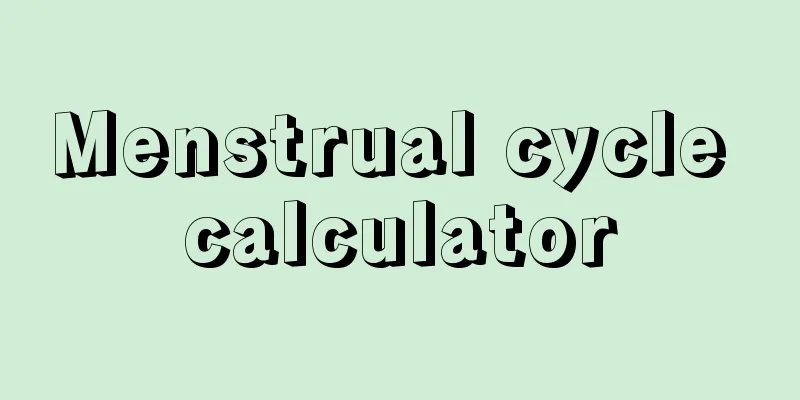Is it easy to get pregnant if there is fluid accumulation after ovulation?

|
If you want a baby, you definitely want a woman to get pregnant as soon as possible. But there are many factors that determine whether a woman can get pregnant. Some women experience fluid accumulation after ovulation. There is a saying that it is easier to get pregnant if there is fluid accumulation after ovulation. Ordinary people certainly don’t understand the reason. So, is it easy to get pregnant if there is fluid accumulation after ovulation? Let’s take a look below. Effusion is the presence of inflammatory exudate in the pelvic cavity. It usually occurs after the endometrium becomes inflamed. The slightly viscous fluid exudates from the swollen cells of the endometrial tissue and is wrapped by the surrounding tissues to gradually form a brain-like mass. Generally speaking, pelvic effusion is divided into physiological and pathological. Physiological effusion often occurs in women after ovulation or in early pregnancy. It can disappear naturally and does not require treatment and has no effect on pregnancy. Pathological gynecological pelvic effusion is mostly caused by pelvic inflammatory disease, adnexitis or endometriosis. If it is not treated, it will increase and affect women's pregnancy. When women suffer from pelvic effusion, it may be caused by chronic infection lesions, such as inflammation of the ovaries and fallopian tubes in the gynecological system. These diseases will affect conception if left untreated for a long time. Secondly, pelvic effusion can easily lead to pelvic adhesions, fallopian tube obstruction, etc., which can also affect conception. Most pelvic effusions are caused by inflammation, that is, due to chronic pelvic inflammatory exudation. A few are caused by ectopic pregnancy rupture, corpus luteum rupture, pelvic abscess, etc. These inflammations can also affect the combination of sperm and egg and affect pregnancy. Therefore, whether fluid accumulation after ovulation affects pregnancy depends on whether it is physiological or pathological. Pelvic effusion treatment Physiological pelvic effusion does not require special treatment, and a small amount of pelvic effusion can be absorbed on its own. If it is pelvic inflammatory disease or tumor effusion, the amount of fluid will be more than 100 ml, and targeted treatment is required according to the cause. 1. General treatment Relieve patients' mental concerns, enhance their confidence in treatment, increase nutrition, exercise, pay attention to the combination of work and rest, and improve the body's resistance. 2. Medication If it is caused by inflammation, active anti-infection treatment should be given; if it is caused by a tumor, chemotherapy drugs should be used in combination with surgical treatment. 3. Surgery Patients with lumps, hydrosalpinx or tubo-ovarian cysts can undergo surgical treatment; patients with small foci of infection and recurrent inflammation should also undergo laparoscopic exploration. The principle of surgery is to completely cure the disease and avoid leaving any residual lesions. For young women, ovarian function should be preserved as much as possible. The effect of single therapy on chronic pelvic inflammatory disease is poor, so comprehensive treatment is appropriate. |
<<: How many weeks will the gestational sac fluid disappear?
>>: What causes female yeast infection
Recommend
Maybe you are just "falsely obese". Learn how to get rid of edema and lose a few pounds easily!
I believe that the mood of many people who are lo...
Can I have sex on the 5th day of my period?
It is not recommended for women to have sex durin...
What causes a small belly during pregnancy?
We all know that the belly will get bigger as the...
Symptoms of kidney disease in women
There are many symptoms of kidney disease in wome...
What other benefits does breastfeeding have for mother and baby?
Author: Shi Jingjin, Assistant Researcher, China ...
Tips for removing phlegm from the throat during pregnancy
Health status after pregnancy is given high atten...
What are the symptoms of private itching accompanied by leucorrhea?
A normal person's leucorrhea should be transp...
I've been slacking off all day at work, why am I still so tired?
Have you ever had such an experience of "sla...
Women's sagging must be taken seriously
Uterine prolapse is also a common gynecological d...
What are the gynecological symptoms and how to treat them
With the popularization of medical knowledge, gyn...
A little bloated in the lower abdomen, always feeling like peeing, female
If female friends feel that their lower abdomen i...
What are the ways women masturbate?
Men are lustful, but many women are actually quit...
Why is vaginal itching and leucorrhea
For most women, vaginal itching and excessive vag...
Why do I always have a bad smell in my lower body?
What is a woman's private parts odor? Many wo...
What should I do if my stomach is still uncomfortable after ovulation?
If a woman wants to get pregnant, she must be in ...









